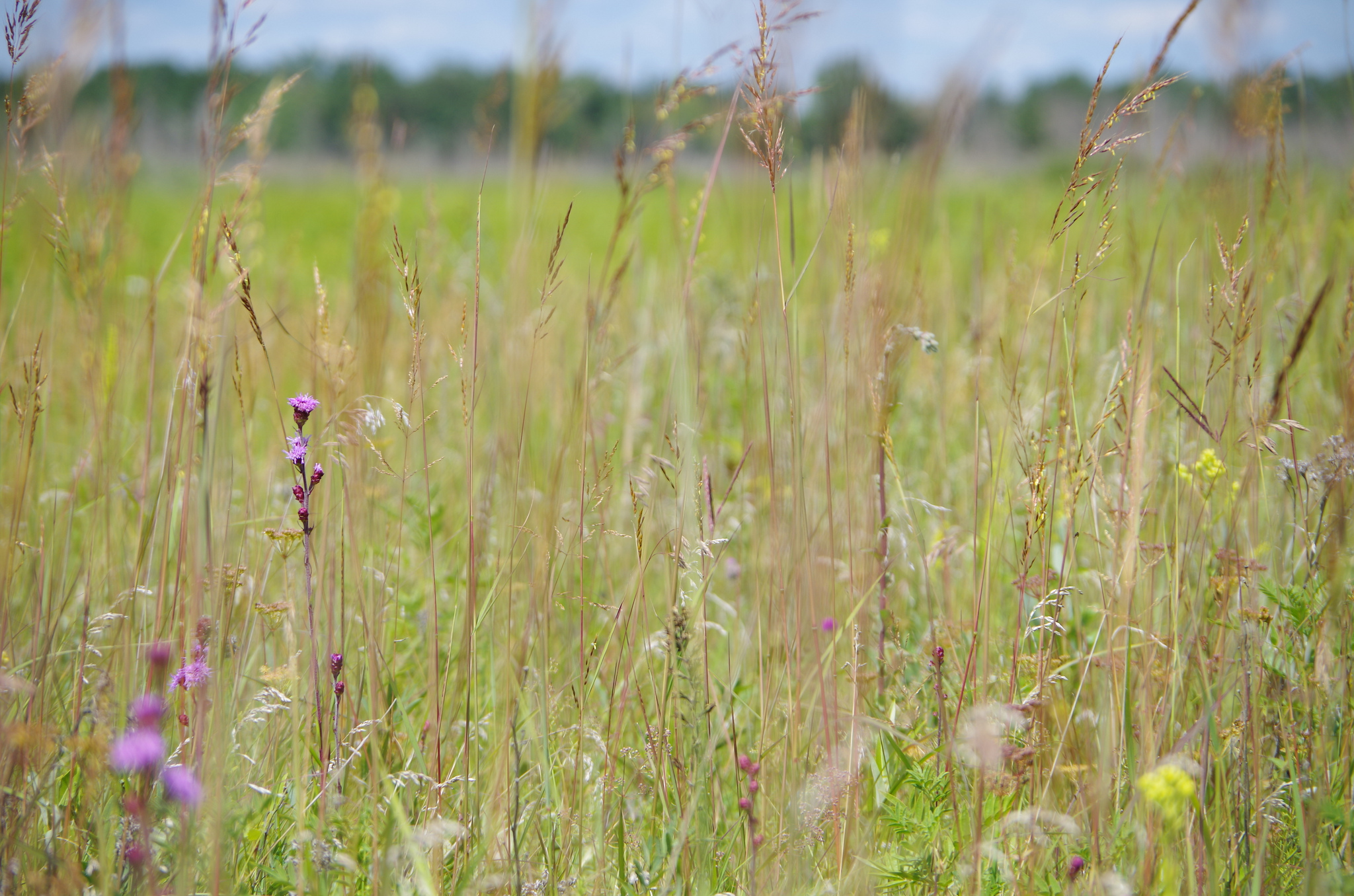Article
National Research Council of Canada
The National Research Council of Canada, federal Crown Corporation responsible to Parliament through the minister of industry. The NRC was formed in 1916 as the Honorary Advisory Council for Scientific and Industrial Research.



